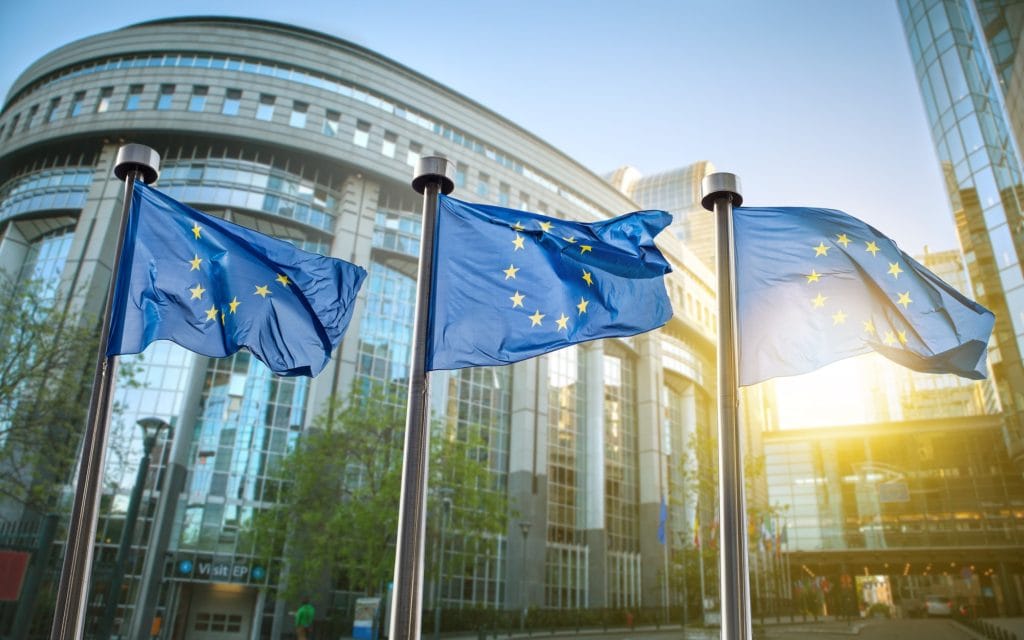EU Moves to Scale Back Sustainability Reporting and Due Diligence Rules for Large Corporations

• Parliament backs thresholds that limit sustainability reporting to companies above €450 million turnover and 1,750 employees.
• Due diligence duties narrowed to firms with more than 5,000 employees and €1.5 billion turnover, easing compliance costs across supply chains.
• Negotiations with EU governments begin 18 November, setting the stage for a major rewrite of Europe’s corporate ESG architecture.
The European Parliament has voted to sharply streamline the bloc’s sustainability reporting and corporate due diligence obligations, advancing a package that would limit the scope of the rules to only the largest companies operating in the EU. The vote sets up a decisive negotiation with EU governments later this month as pressure mounts to balance climate and social oversight with competitiveness concerns across the region’s business landscape.
A Major Reset of EU Corporate Reporting
With support from a majority of Members of the European Parliament, the proposal reshapes who must report on environmental and social performance. The new thresholds raise the entry point to companies with more than 1,750 employees and annual turnover above €450 million, narrowing the pool of firms subject to mandatory disclosures under the EU’s taxonomy and related sustainability standards.
The revised rules would also reduce qualitative detail within reporting templates and downgrade sector-specific disclosures from mandatory to voluntary. Smaller suppliers stand to benefit most, as large companies would no longer be permitted to request information that goes beyond the voluntary standards. Lawmakers argue the reset removes duplication and reduces reporting fatigue across value chains already facing multiple EU obligations.
The political calculation reflects a wider concern that regulatory load is dampening investment appetite at a time when Europe is trying to strengthen industrial competitiveness, expand strategic sectors such as clean tech manufacturing, and reduce reliance on foreign suppliers.
Due Diligence Narrowed to the Biggest Corporations
The Parliament’s position also trims the scope of upcoming due diligence rules. Only companies with more than 5,000 employees and turnover above €1.5 billion would face mandatory requirements to assess and mitigate risks to people and the environment. Even for these companies, the obligations shift toward a risk-based approach that allows them to rely on public and existing information whenever possible.
Crucially, companies would no longer need to prepare transition plans aligning their business models with the Paris Agreement. Penalties for non-compliance would fall under national jurisdiction rather than EU-level enforcement, and firms found responsible would be liable for full compensation of damages within national legal systems.
For corporate leaders, the revised architecture suggests a lighter, more flexible compliance environment. For investors, it indicates potential divergence between national enforcement regimes, adding complexity to ESG risk assessments across borders.
A New Digital Portal to Centralise EU Requirements
To aid navigation of the EU’s evolving reporting ecosystem, lawmakers have called for a dedicated digital portal offering free access to templates, guidelines, and information relevant to sustainability obligations. The portal would sit alongside the European Single Access Point and is intended to reduce administrative burden, especially for cross-border operators juggling overlapping disclosure frameworks.
The move reflects an acknowledgment that even simplified EU rules remain extensive and that digital infrastructure will be essential to maintain compliance visibility as reporting requirements continue to evolve.
RELATED ARTICLE: EU Pushes for Stronger Global Climate Action at COP30 in Brazil
Political Stakes and Industry Expectations
Swedish MEP Jörgen Warborn, who leads the file within the Parliament’s Legal Affairs Committee, said “Today’s vote shows that Europe can be both sustainable and competitive. We are simplifying rules, cutting costs, and giving businesses the clarity they need to grow, invest, and create well-paying jobs.”

The proposal forms part of the Commission’s Omnibus I simplification package, presented earlier this year. The drive to cut red tape has become one of Parliament’s top priorities, with lawmakers accelerating work across multiple files to meet demands from industry groups for more predictable and less burdensome ESG obligations.
What Executives and Investors Should Watch
If finalised, the changes would realign the EU’s sustainability reporting framework with a narrower group of very large companies, shifting expectations for transparency and accountability across capital markets. For global firms operating in the bloc, the revised thresholds may reduce compliance intensity, but the fragmentation risk across national due diligence regimes could require more careful legal and governance planning.
For investors, especially those with portfolios spanning mid-cap European firms, the scaled-back disclosure requirements may limit access to consistent ESG performance data, potentially complicating alignment with frameworks such as SFDR and global baseline standards.
The Road to Agreement
Negotiations between Parliament and EU governments begin on 18 November, with both institutions aiming to complete the legislation before the end of 2025. The outcome will shape how Europe balances climate ambition with competitiveness during a period of economic uncertainty and intensifying global regulation.
If successful, the package would represent one of the most significant recalibrations of Europe’s corporate sustainability landscape since the introduction of mandatory reporting rules. The final deal will determine how ESG oversight evolves in a region that continues to influence global standard-setting and investment flows.
Follow ESG News on LinkedIn









